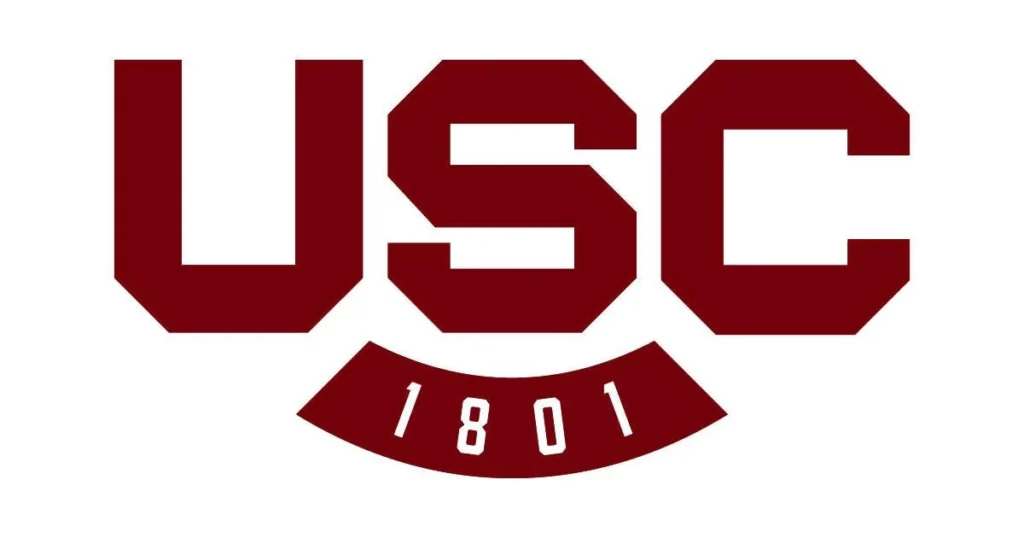Authors
Hossain Ahmed, Michel van Tooren, Jonathan Justice, Ramy Harik, Addis Kidane, AP Reynolds
Journal
Journal of Thermoplastic Composite Materials, 32(9), 1242-1267.
Abstract
The joining of thermoplastics through welding offers numerous advantages over mechanical joining. Most importantly, it eliminates the use of costly fasteners and has only a limited effect on the strength of the parts being joined. Since it does not require the introduction of holes, loading pins, and the associated stress concentrations, a specific form of welding, friction stir welding (FSW), was investigated for the creation of butt joints of unreinforced polyphenylene sulfide (PPS) and short carbon fiber (CF)- reinforced polyetheretherketone (PEEK) plates. Unlike metals, analytical models and experimental results show that the heat generated by the FSW tool is insufficient to produce the heat required to weld thermoplastic materials. Therefore, a second heat source is required for preheating these thermoplastics. In this research, a resistance type surface heater was placed at the bottom of two identical weld pieces to produce good quality welds. Two types of shoulder design such as rotating shoulder and stationary shoulder were developed in this study. Taguchi’s design of experiment method was utilized to develop the welding process, where heating duration, material temperature, tool rotational speed, and tool traverse speed were used as the welding parameters.
One of the process parameters, tool traverse speed, had significant influence on the tensile strength of PPS samples. While PPS sample showed relatively lower tensile strength with higher traverse speed, short CF-reinforced PEEK samples had higher tensile strength with a higher traverse speed. In addition to tensile tests, fracture toughness tests were performed for both PPS and PEEK samples to observe the influence of unwelded segments in the welded parts. In this study, joint efficiency of PEEK samples was found to be higher than that of PPS samples. Micrographs of PEEK samples showed uniform homogenous mixture of part materials.
Keywords
friction stir welding, thermoplastics, PPS, PEEK, stationary shoulder, butt joint
Citation
Hossain Ahmed, Michel van Tooren, Jonathan Justice, Ramy Harik, Addis Kidane, & Anthony Reynolds. (2019). Investigation and Development of Friction stir Welding Process for Unreinforced Polyphenylene Sulfide and Reinforced Polyetheretherketone. Journal of Thermoplastic Composite Materials, 32(9), 1242-1267. doi:https://doi.org/10.1177/0892705718785676
Link: https://journals.sagepub.com/doi/abs/10.1177/0892705718785676
Documents


